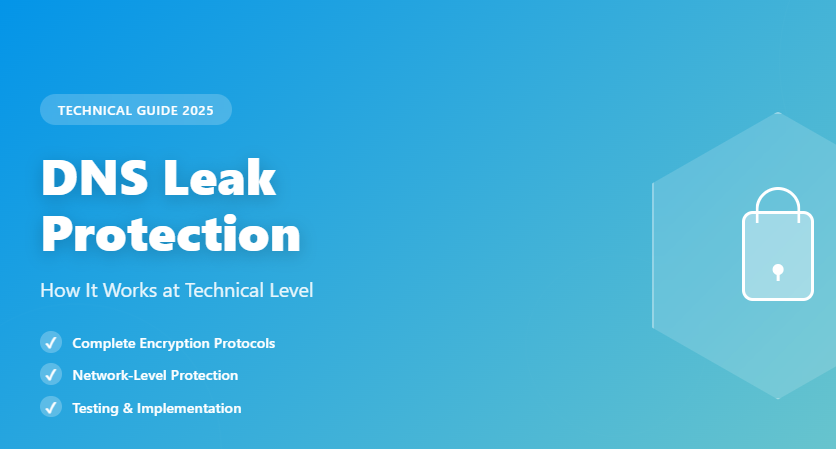Over the Past Few Years, Cryptocurrency Scams Have Skyrocketed, Leaving Investors Vulnerable

Cryptocurrency can be described as a highly innovative concept facilitating instant transactions and further enabling payments and overall control. In the same way, however, the popularity of the digital currencies rises, so do the number of scams provided to the investors. In this article, you will learn more about how cryptocurrency related scams are increasing year by year, about the tricks of scammers, and ways to avoid becoming a victim.
The Rise of Cryptocurrency Scams
Cryptocurrencies have been repeatedly effective within the past few years and have millions of users, more than 420 million, in 2023. Alas, such a high growth rate also means attracting swindlers who take advantage of people’s inexperience and ignorance of the inner workings of modern technologies, as well as the immutability of the blockchain’s operations.
Key Statistics on Cryptocurrency Scams:
- According to Chainalysis, $14 billion worth of cryptocurrencies was stolen in 2021, up from $7.8 billion in 2020.
- The Federal Trade Commission (FTC) reports that victims lost over $1 billion to crypto scams in 2022 alone.
- Scams often target inexperienced investors during market surges when emotions are high, and skepticism is low.
Common Types of Cryptocurrency Scams
Scammers have devised a variety of tactics to exploit users. Here are the most prevalent ones:
1. Rug Pulls
In a rug pull scam, developers launch a new cryptocurrency or NFT project, hype it up, and then disappear with investors’ funds.
- Example: The Squid Game Token rug pull left investors with losses of over $3 million in 2021.
2. Phishing Attacks
Phishing involves fake websites or emails designed to steal your wallet credentials.
- Scammers often mimic popular platforms like Binance or Coinbase, tricking users into entering their private keys.
3. Fake Investment Schemes
These scams promise guaranteed high returns, enticing victims to invest.
- Example: Fraudulent platforms like BitConnect scammed investors out of billions before shutting down in 2018.
4. Giveaway Scams
Social media hackers often impersonate celebrities, promising to “double” any cryptocurrency sent to them.
- Even Elon Musk’s name has been used in such schemes.
5. Pump-and-Dump Schemes
In this scheme, scammers inflate the value of a cryptocurrency through false claims and social media hype, then sell off their holdings, leaving others with worthless assets.
High-Profile Cases of Crypto Scams
- Bill Gates Impersonation Scams
Scammers have impersonated high-profile figures like Bill Gates and Elon Musk to promote fake crypto giveaways. These scams often spread via hacked Twitter accounts. - Hollywood’s Crypto Catastrophe
Celebrities like Lindsay Lohan and Jake Paul were fined for promoting fraudulent NFT projects, highlighting how even public figures can unknowingly contribute to scams. - Mt. Gox Collapse
The infamous Mt. Gox hack in 2014 saw over 850,000 Bitcoins stolen, valued at over $450 million at the time. This incident is still one of the largest crypto thefts in history.
How to Protect Yourself from Cryptocurrency Scams
Staying safe in the volatile crypto world requires vigilance and a proactive approach. Here’s how you can protect yourself:
1. Use a Secure VPN
Always use a VPN (Virtual Private Network) like those recommended on VPNSuggest.com. A VPN encrypts your internet connection, protecting your data from hackers, especially when accessing crypto wallets or exchanges.
2. Verify Before You Invest
- Research projects thoroughly.
- Check for team transparency, whitepapers, and community engagement.
- Use platforms like CoinMarketCap to verify listings.
3. Protect Your Private Keys
- Store private keys offline in a hardware wallet.
- Never share them with anyone, even if the person appears to be from customer support.
4. Avoid Unrealistic Promises
If an offer sounds too good to be true, it probably is. Avoid schemes that guarantee returns or push you to act urgently.
5. Stay Updated
Follow trusted crypto news platforms like Coindesk or CryptoSlate to stay informed about the latest scams.
Final Thoughts
There are many fallacious scams that exist in the cryptocurrency market, yet with the right measurer one can operate in the cryptosafe space. As a consumer it is important for you to know that knowledge and awareness will go a long way in preventing you from becoming a victim of fraud.
Security measures such as using VPN and protecting the private keys from unauthorized access as well as keeping abreast on various tricks by different fraudsters will go along way in ensuring that your investment in cryptocurrency is well protected.
For more cybersecurity tips and trusted VPN recommendations, visit VPNSuggest.com.
Loading newsletter form...






